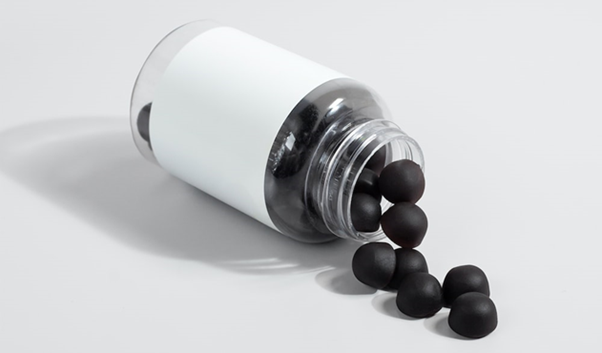Probiotics when taking antibiotics?
Antibiotics and probiotics can be used together to treat a variety of illnesses, but it is important to understand how they interact. In this article, we'll explore when probiotics should be taken while taking antibiotics and what precautions you should take.
Why Take Probiotics While Taking Antibiotics?
Antibiotics are designed to target and kill harmful bacteria in the body; however, they also have the unwelcome side effect of killing beneficial bacteria as well. This can lead to a disruption in the balance of intestinal flora that resides in your digestive system and cause digestive issues such as diarrhea and bloating. To counter this effect probiotic supplementation can be beneficial; not only do probiotic supplements provide live bacteria which help stimulate digestive health, but some research has suggested that taking certain strains during antibiotic treatment may reduce the unwanted effects associated with their use such as diarrhea.
When Should Probiotics Be Taken with Antibiotics?
In general, it's best to take probiotic supplements at least two hours before or after consuming antibiotics; this gives ample time for the antibiotic medication to pass out of your system without interfering with any beneficial bacterial cultures contained within the supplement itself. It's also worth noting that some types of antibiotics may interact with specific formulation ingredients contained within said supplement so again consult with a healthcare professional (e.g., pharmacist) prior to initiating any kind of supplementation regime alongside an active course of antibiotics just in case there is potential interaction between either agent.
Precautions When Taking Probiotics with Antibiotics

It's always best practice to speak with a healthcare practitioner before deciding on whether or not to take probiotic supplements whilst undergoing an active course of antibiotic therapy; they will have insight regarding expected interactions that could occur. Additionally, very high doses or prolonged courses of certain types may require additional precautionary measures i.e., avoiding ingesting particular strains such as Saccharomyces boulardii throughout treatment due increased risk for infection, so again please consult accordingly.

In conclusion, when taking antibiotics, it is worth considering adding a probiotic supplement into your diet plan too - although it is always advisable speaking firstly with a healthcare practitioner, and ensuring adequate dosing/timing instructions are followed closely too (in order ensure maximum benefits). Furthermore, certain added precautionary measures may need following depending on specific type/dose being administered at any given time, so please keep this in mind if electing down this route too! This is the brand we recommend Vita Miracle, which contains 30 billion CFU'S and 18 Strains of Probiotic. Click one of the buttons below to see more details.
Frequently Asked Questions



